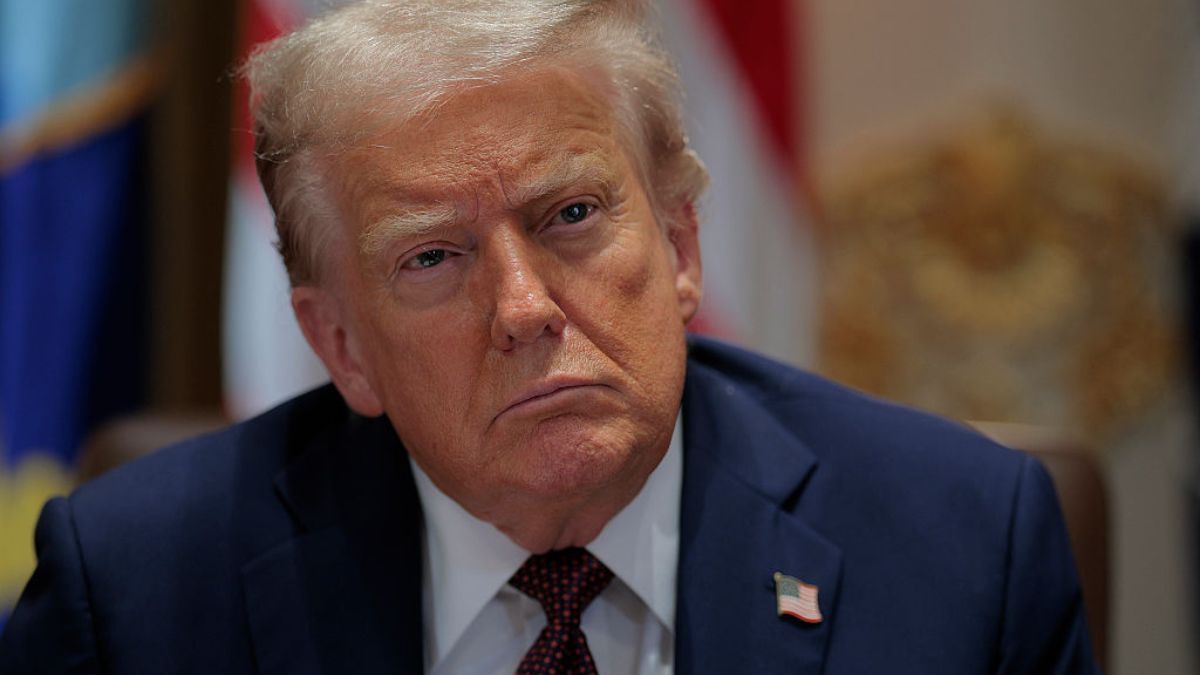
President Donald Trump faces a strong pushback from Illinois leaders after threatening to deploy thousands of National Guard troops to Chicago. The Pentagon has been planning for weeks to send federal forces to the city as early as September, according to The Washington Post. Trump has already sent troops to Washington, D.C., and Los Angeles as part of his law and order agenda.
Illinois Governor JB Pritzker held a heated press conference on Monday to reject Trump’s military deployment plans. The governor spoke from a water taxi passing Trump Tower in Chicago, sending a clear message to the White House. Pritzker accused Trump of trying to create chaos for political gain rather than addressing real public safety concerns.
The confrontation reached a peak when Trump publicly asked Pritzker to request federal help to clean up Chicago. However, critics described the offer as “a peculiar form of federal aid that arrives uninvited, unwanted, and armed,” highlighting how Trump’s intervention lacks local support. Meanwhile, some observers are questioning why Trump is focusing on military deployments while “constantly pulling away from those pervert files,” as one Chicago resident said on X, calling for transparency on other matters. State and city officials have made it clear they neither requested nor want federal troops in their city.
Chicago officials unite against Trump’s military plans
Chicago Mayor Brandon Johnson joined Pritzker in condemning the proposed deployment during Monday’s press conference. The mayor argued that sending federal troops would be both unnecessary and harmful to community relations. Johnson emphasized that crime rates in Chicago have actually dropped significantly this year.
He is constantly pulling away from those pervert files! Let the truth be revealed and stop with the BS! Bringing stress to every American to distract from the truth.
— Karl Ray (@karl5026) August 26, 2025
According to a list complied by the FBI, Chicago has seen a 30 percent drop in homicides, a 35 percent reduction in robberies, and nearly a 40 percent decrease in shooting victims compared to last year. Despite these improvements, Trump continues to call Chicago a “disaster” and claims the city is “screaming” for federal help. However, neither the governor nor the mayor has made any such requests.
The legal authority for Trump’s proposed deployment remains unclear. Military experts say while the president can federalize National Guard troops, doing so without a genuine emergency would likely face court challenges. Trump’s approach to military deployment has raised questions before, especially given his own lack of military service. The Posse Comitatus Act, which limits military involvement in civilian law enforcement, may also apply to this situation.
Illinois Attorney General Kwame Raoul has promised to use legal tools to fight any unlawful deployment. Pritzker warned Trump directly, saying, “If you hurt my people, nothing will stop me” from seeking justice through constitutional channels. The governor also noted that Trump’s agenda has often pushed presidential powers to their limits, making this confrontation particularly concerning for state officials.







